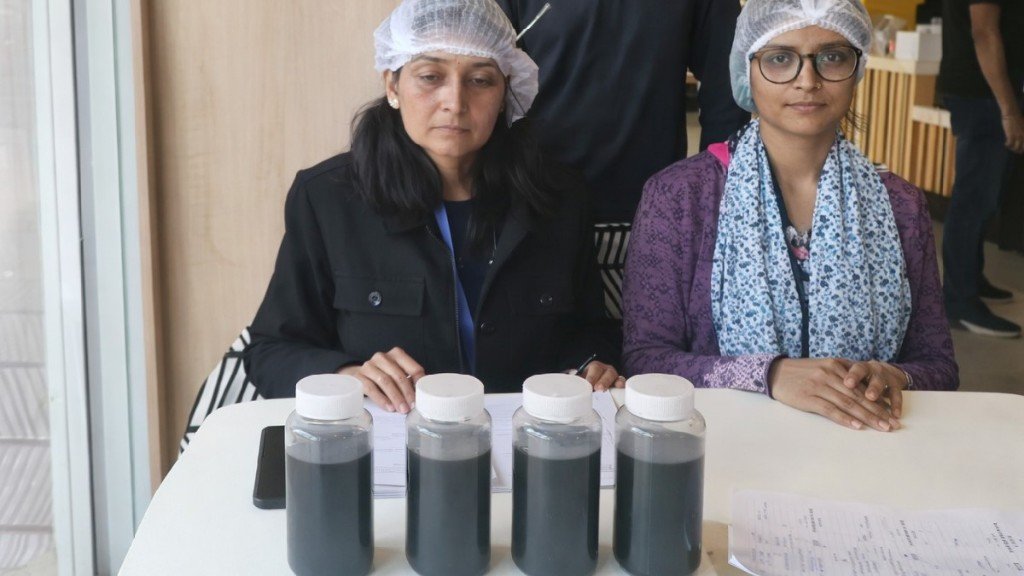Researchers analyzed breastfeeding behaviors and sugar consumption for 1,129 children in Pelotas, Brazil. At age 5, the children visited a dentist, and were examined for decayed, missing and filled primary tooth surfaces and severe early childhood caries, or severe cavities. Severe early childhood caries were defined as six or more decayed, missing and filled primary tooth surfaces.
Among the children in the study, 23.9% had severe cavities and 48% had at least one tooth surface affected by a cavity. Kids who were breastfed for two years or longer had a 2.4 times higher risk of having severe cavities, compared to kids who were breastfed for less than a year.
"There are some reasons to explain such an association," said Dr. Karen Peres, lead author of the study and associate professor at the University of Adelaide in Australia. "First, children who are exposed to breast-feeding beyond 24 months are usually those breastfed on demand and at night. Second, higher frequency of breastfeeding and nocturnal breastfeeding on demand makes it very difficult to clean teeth in this specific period."
However, the study found that breastfeeding between 12 and 23 months did not bring with it a higher risk of cavities. About one quarter of the kids were breastfed for 24 months or longer.
The study was published in the journal Pediatrics.







